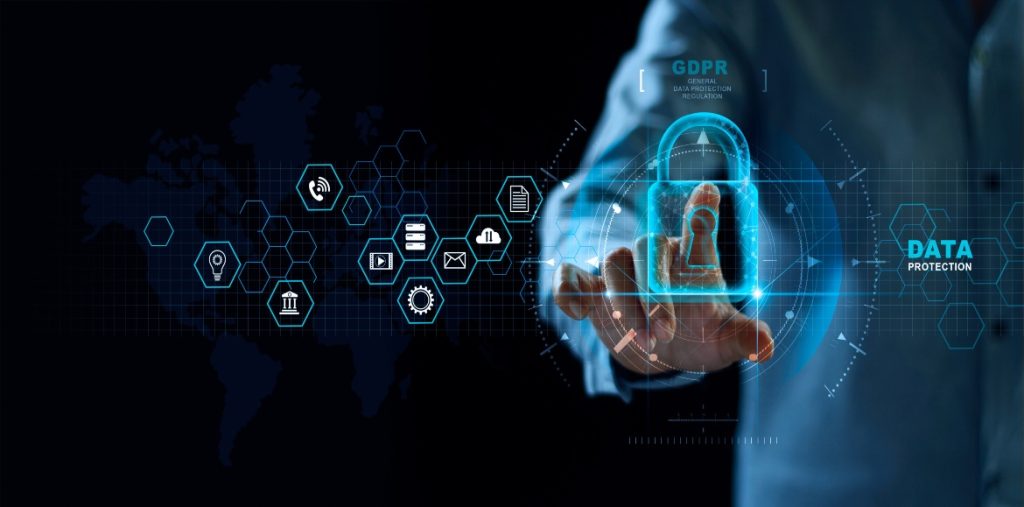The Information Age has brought unprecedented access to knowledge, connectivity, and technological innovation, fundamentally transforming how we live, work, and interact. However, this digital transformation has also ushered in new challenges, particularly concerning privacy. As vast amounts of personal data are generated, collected, and stored every second, the need for privacy has never been more critical. Individuals leave digital footprints through their online activities, social interactions, and even routine daily tasks, often without fully understanding the extent to which their personal information is exposed. This data, ranging from browsing habits to sensitive personal details, can be exploited by various entities, leading to potential misuse, breaches of trust, and significant invasions of privacy. In this rapidly evolving landscape, privacy is not just a personal preference but a fundamental necessity for safeguarding individual rights and freedoms.

The growing need for privacy is further highlighted by the expanding use of artificial intelligence AI, data analytics, and machine learning technologies that rely heavily on personal data to function. These technologies can predict behaviors, preferences, and even personal vulnerabilities, often with startling accuracy. While these capabilities can drive innovation and improve services, they also pose significant risks to individual privacy. The continuous monitoring and analysis of personal data can lead to profiling, discrimination, and the unauthorized sharing of sensitive information, undermining the trust that individuals place in digital platforms and services. The lack of transparency in how data is collected and used amplifies these concerns, making it increasingly difficult for individuals to understand who has access to their information and for what purposes. This opaque environment underscores the urgent need for stronger privacy protections to ensure that individuals retain control over their personal data in an increasingly data-driven world.
Moreover, The importance of Privacy in the Information Age has broader societal implications, affecting not just individuals but also communities and democratic institutions. Privacy is essential for free expression, enabling people to explore ideas, voice dissenting opinions, and participate in civic activities without fear of surveillance or retribution. When privacy is compromised, it can create a chilling effect on public discourse, stifling creativity, innovation, and critical debate. This is particularly concerning in contexts where personal data can be used to manipulate public opinion, suppress dissent, or unfairly target specific groups. As societies become more interconnected and reliant on digital technologies, the need to protect privacy is not just a matter of individual concern but a crucial component of preserving democratic values, social trust, and the free flow of ideas.
